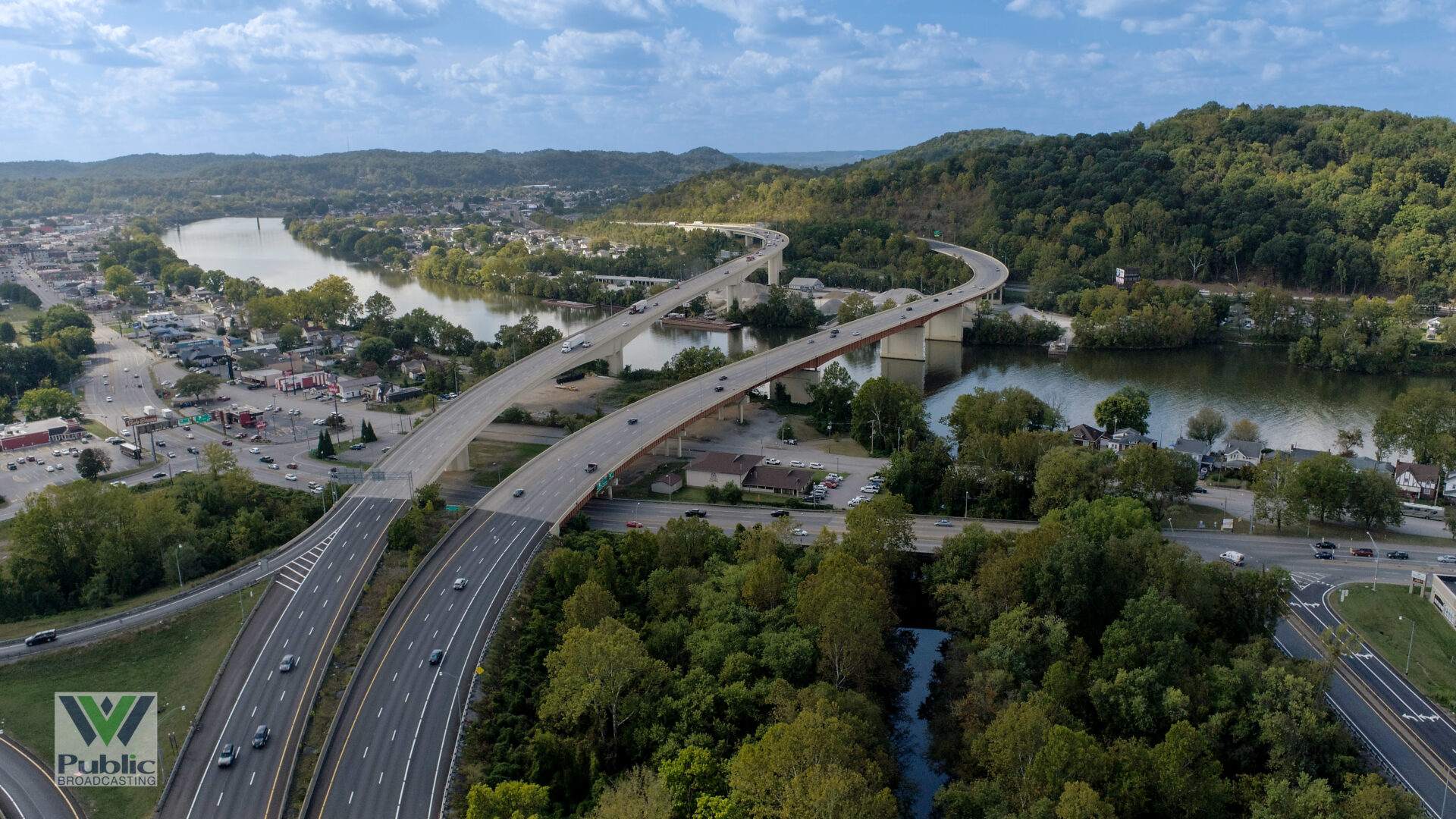This is a developing story and may be updated. The original story misstated the number of National Priorities List sites in West Virginia. It has been corrected.
The U.S. Environmental Protection Agency has listed a closed Union Carbide landfill in South Charleston as a Superfund site, joining some of the most contaminated places in the country.
An ongoing case in the U.S. District Court for the Southern District of West Virginia will determine whether Union Carbide, a subsidiary of Dow Chemical, will pay civil penalties.
Courtland, a property owner that sued Union Carbide, is seeking a $1.4 billion civil penalty against the company over pollution resulting from the dumping of toxic material. Courtland also has sought an injunction from the court that would put the cleanup under EPA supervision.
Illustration by Eric Douglas
Last year, Senior Judge John T. Copenhaver Jr. found that the site, called the Filmont landfill, was an illegal open dump under federal law. He also found that Union Carbide violated the Clean Water Act by failing to seek a stormwater discharge permit for the facility.
Copenhaver dismissed two of Courtland’s four lawsuits against Union Carbide.
Last month, Union Carbide asked Copenhaver to reject the civil penalty and the injunction.
The company has said it’s pursuing a voluntary remediation with the West Virginia Department of Environmental Protection that would achieve the same goals as an EPA-supervised cleanup and would take less time to complete.
Pat McGinley, a law professor at West Virginia University who specializes in environmental law, said the Superfund listing could affect the outcome of the case.
“It brings EPA into the process of determining the appropriate remedial action,” he said, “obviously not what the defendant prefers.”
In a court filing dated April 30, Mike Callaghan, an attorney for Courtland, noted that the Superfund listing did not place the Filmont site on the National Priorities List. That list currently includes 1,340 of the most polluted sites across the country. Eleven are in West Virginia.
However, Callaghan noted that the EPA intends to conduct a preliminary assessment on the site, where Union Carbide had dumped various contaminants from the 1950s to the 1980s.
“Counsel is further exploring the significance of this site being listed under EPA’s Superfund Site Information and the impacts that may have on this litigation,” Callaghan wrote.
The Superfund program was created by Congress in 1980 after one of the most famous toxic sites in U.S. history, the Love Canal neighborhood in Niagara Falls, New York.
West Virginia Public Broadcasting has asked Union Carbide, the EPA’s Region 3 office and the WVDEP for comment.
